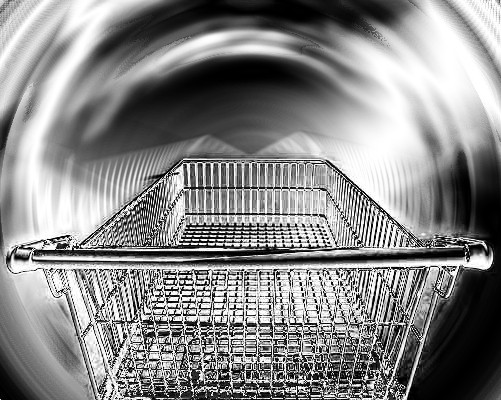Shopping disorder defined
 International experts in psychology have built a framework to diagnose Compulsive Buying-Shopping Disorder.
International experts in psychology have built a framework to diagnose Compulsive Buying-Shopping Disorder.
Excessive buying and shopping can be so serious as to constitute a disorder, but diagnostic tools are needed to give researchers and clinicians the power to develop targeted interventions for this debilitating condition.
The phenomenon of excessive or uncontrolled buying or shopping has been described in a clinical setting for more than a century. Surprisingly, there is no formally accepted diagnosis for the disorder, despite being a highly prevalent, disabling and growing problem that contributes to overconsumption and debt.
Professor Mike Kyrios from Flinders University describes the findings as a “game-changer” for research in the area of excessive buying, providing a springboard for much-needed treatments and better diagnostic processes in the future.
“In over 20 years, since I started investigating excessive buying, there has been an absence of commonly agreed diagnostic criteria which has hampered the perceived seriousness of the problem, as well as research efforts and consequently the development of evidence-based treatments,” Professor Kyrios said.
This will now be possible, with the world’s leading experts agreeing on diagnostic criteria for the disorder, he says.
In the study, 138 international experts (researchers and clinicians) from 35 countries were evaluated to develop a consensus about proposed diagnostic criteria.
A key feature of the new diagnostic criteria is “excessive purchasing of items without utilising them for their intended purposes”, with excessiveness described as “diminished control over buying/shopping”.
Another characteristic of the disorder is that “buying/shopping is used to regulate internal states, e.g., generating positive emotions or relieving negative mood”.
“Clients who show excessive buying behaviour commonly have difficulties in regulating their emotions, so buying or shopping is then used to feel better. Paradoxically, if someone with Compulsive Buying-Shopping Disorder goes on a shopping trip, this will briefly improve their negative feelings, but will soon lead to strong feelings of shame, guilt and embarrassment,” their report says.
The full paper is accessible here.








 Print
Print